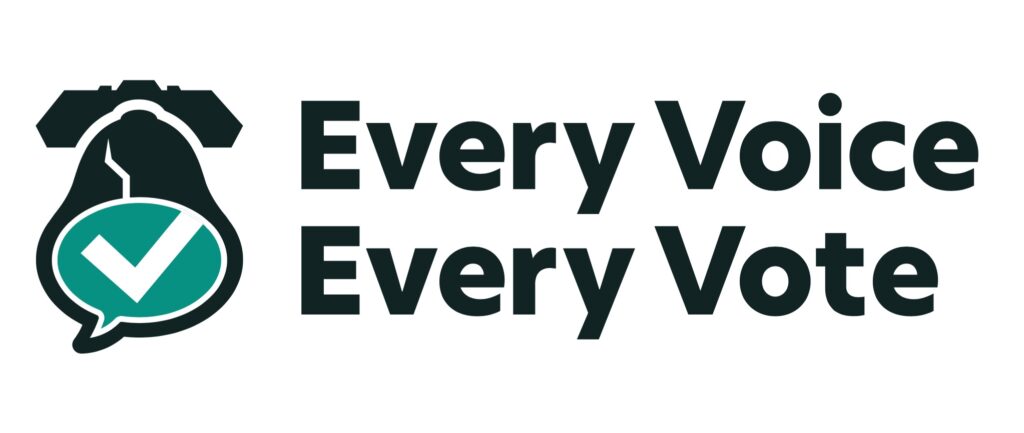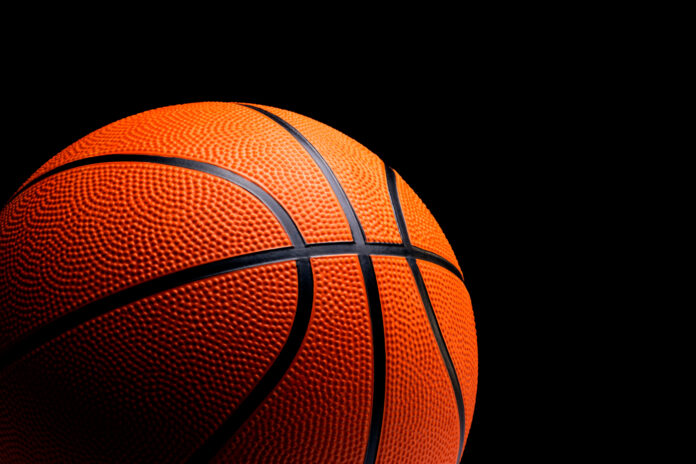Jeannine Kayembe Oro, a long-time collector of women’s basketball memorabilia, is sharing her collection in order to start a museum — the Black Women’s Basketball Museum. For now, it’s a traveling exhibit.
“I started to find these little breadcrumbs that connected my collection to a much deeper history of Black women who have impacted the game of basketball,” said Kayembe Oro, who explained Black players in women’s basketball leagues often create aspects of culture that bleed into broader basketball culture, then into the mainstream culture at-large.
“I’m talking about language. I’m talking about style,” she said, adding that even high femmes might not watch basketball but might wear Jordans and use lingo associated with the sport. “But I’m also talking about the pace of play. I see how much we’ve impacted the game.”
A lot of that history is forgotten. For instance, did you know that the Philadelphia Tribune Girls is a women’s basketball team that was established in the 1920s and sponsored by the city’s Black newspaper in the ’30s and ’40s? The team was highly recognized during their time for their style of play and they’re considered pioneers for helping to break barriers for women in sports.
But professional athletes in women’s leagues also played a part in advancing causes off the court. Athletes who play in women’s leagues have a more vocal and visible history of standing up for their beliefs and speaking out against wrongs.
Teams are often led by Black and queer women who led their teams in a way that centers the values of integrity and family, Kayembe Oro explained, which helps people feel supported in their desire to seek justice.
“These values can build a player 360 [degrees] instead of just being the best athlete, the strongest, the fastest,” she underlined.
Today, the city doesn’t have a women’s team — but that might change soon. Comcast and the 76ers are partnering in a bid to bring a WNBA to Philly. Wanda Sykes and her partner Alexandra Niedbalski, notable WNBA fans who have been lobbying for a Philadelphia team since 2021, were present at a press conference where the partnership was announced.
“The fans will show up. We will buy tickets. We will climb the rafters if they win,” Kayembe Oro said about the excitement fans are showing about the possibility.
“But it’s not just the fans that are needed,” she added, noting that she isn’t sure the city is invested enough in women’s sports for the team to succeed. “These athletes are actual women and human beings that are going to need care, funding, pay, and resources.”
“The city has not invested in girls,” she explained, adding that her salary as a middle and high school basketball coach for the city was recently reduced.
She’s hopeful that one day Philadelphia will have a solid pipeline for talented players to develop a path to the WNBA — whether a team exists in Philly or not.
Kayembe Oro noted that programs like the Black Women’s Basketball Museum will show young Philadelphia’s WNBA hopefuls that they matter and current WNBA players that there’s a home for them here. It will also build loyal fans who will immerse themselves in the history, stats and behind-the-scenes aspects of the sport.
Kayembe Oro said those kinds of superfans are built when viewers can see themselves reflected in the athletes who play the sports.
“As a queer Black woman who watches basketball, I get to see me on the court,” she noted, underlining that feeds an innate, visceral need to cheer on an underdog or seek a hero. “We just want to see ourselves win.”
Superfandom exists in Philadelphia. It’s something Philadelphia sports fans are known for.
And as a queer woman with kids and a Philadelphia youth basketball coach and mentor, she’s doing what she can to build the next generation of superfans. Kayembe Oro hopes her collection will eventually be housed in a permanent home that doubles as a family-friendly entertainment venue centered around women’s sports.
“Start ‘em young!” laughed Jen Leary, founder of Watch Party PHL — which hosts gatherings to watch women’s sporting events around the city and is partnering with the Black Women’s Basketball Museum for its first event on Feb. 2.
The event, which celebrates National Girls and Women in Sports Day, will feature a panel discussion led by women athletes, Kayembe Oro’s collection on display, open court time for players at all youth levels, and a NCAA watch party.
“Everyone watches women’s sports,” Leary said, underlining that she works hard to make sure every event is comfortable and supportive for whoever might show up — including kids — who are welcome to join in on the fun anytime events are hosted at venues that allow youth.
Leary, who started Watch Party PHL, was searching for a sense of community when she launched her gatherings. Decades after leaving the Gayborhood and the events and spaces where she formed lifelong LGBTQ+ friendships, she found herself in need of a new third space.
“When I started Watch Party Philly,I found that community very quickly again,” she said. “It’s hundreds of people who understand each other.”
Leary, who was planning to launch a WNBA watch party last year, started hosting meetups during the NCAA women’s basketball championship games instead. There was a lot of excitement for Dawn Staley — who previously played for the WNBA and now coaches at the college level — and Caitlin Clark — one of the league’s standout players who signed with the WNBA after that season.
“We have no professional women’s sports teams — and we’re one of the biggest cities in the country,” Leary said, noting that there’s a palpable appetite for it following increased visibility in the talent. “It’s seriously such a glaring mistake to not be involved in the women’s sports movement right now.”
During the Olympics, Watch Party PHL hosted get-togethers for almost every sport a woman competed in. Now, whenever someone asks the group to host a gathering for a sport they’re not already watching together, they try to find a way to make it happen.
Those gatherings average between 150 and 650 people depending on the match. Women’s soccer tends to draw the biggest crowds. But WNBA games see a lot of regulars.
“It’s also how people tend to find us first — because they want to watch a WNBA game,” Leary explained. “And from there, they branch out into other sports.”
Leary’s plan now is to keep track of the numbers and provide them to those who are seeking the WNBA bid in order to prove there’s already a fanbase in Philadelphia.
“The goal of the watch parties is twofold,” she explained. “It was to bring together a women’s sports community here in Philly. Even though we didn’t have a team, I knew there had to be other people like me out there who lived and breathed women’s sports who wanted to watch games together. And two, it was to show the powers that be that a team here is sustainable — because there’s so many people in the city who love women’s sports.”
Although Watch Party PHL events are “heavily queer,” Leary said it’s not just LGBTQ+ Philadelphians rooting for this bid. Leary explained that a lot of cis, straight men and women come to the gatherings, and that some people come from New Jersey and Delaware — even driving as far as an hour from home — to connect.
And the group is bringing newbies along for the ride.
Even the idea of Watch Party PHL was enough of a gateway for Emily, who describes herself as a “suburban queer” and as a “first-time sports ball fan.”
“I just love rooting for other women,” she said, noting that even though she hasn’t been to a Watch Party PHL gathering, hearing about the events helped her learn about how and when to watch women’s teams. Before the gatherings were advertised, she didn’t even know it was an option.
Now she regularly tunes into college basketball and WNBA games. She’s still learning the rules, but she already has a few favorite players, and she’s hopeful that a Philadelphia team will bring more women like her to the game.
“I never thought of myself as someone who would ever like sports,” she laughed. “But I’m in an era where I’m just excited to see women do amazing things.”


